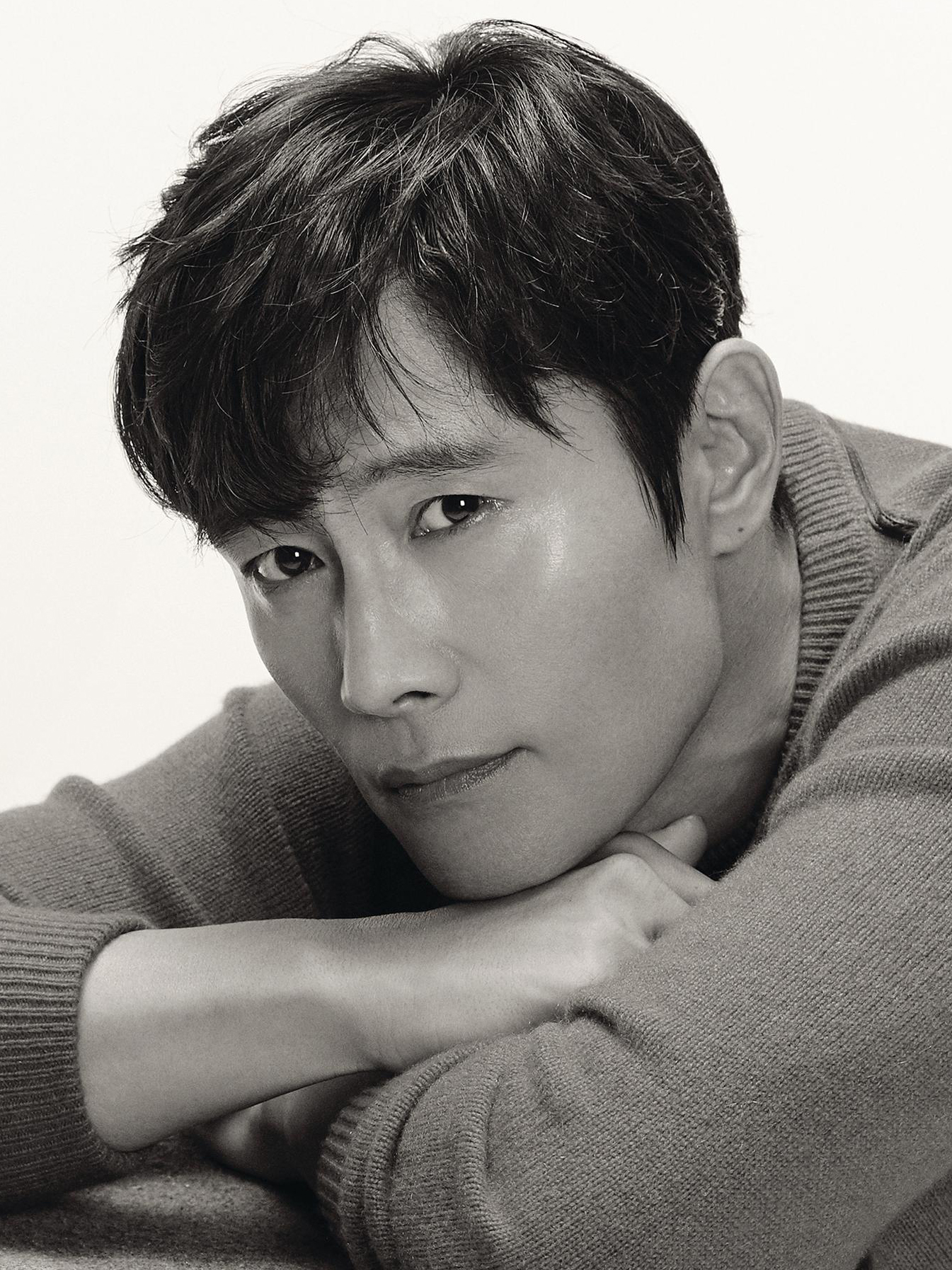Born in 1970, Lee Byunghun first majored in French literature before entering the Theater and Film department of Chung-Ang University. His career started in 1991 when he auditioned for public broadcaster KBS and landed a part in the TV series <Asphalt My Hometown>. He followed this up shortly after with <Tomorrow Love> in 1992, which helped him build up his image as a youth star but also earned him his first accolade, Best New Actor at the KBS Drama Awards. His fi...
More
Born in 1970, Lee Byunghun first majored in French literature before entering the Theater and Film department of Chung-Ang University. His career started in 1991 when he auditioned for public broadcaster KBS and landed a part in the TV series <Asphalt My Hometown>. He followed this up shortly after with <Tomorrow Love> in 1992, which helped him build up his image as a youth star but also earned him his first accolade, Best New Actor at the KBS Drama Awards. His film debut came in in fall 1995 with the romcom <Who Makes Me Crazy>, in which he played a salesclerk who deals with anxiety when his girlfriend becomes his boss. Later that same year, he appeared in Kim Sungsu’s thriller <Run Away>. As these films were met with lukewarm reception, he remained mostly active in television, with the family drama <Happy Together> (1999) standing out as his most famous work of the late 1990s. The turning point in Lee’s career happened at the turn of the century thanks to a set of films that garnered praises and exceeded expectations at the box office. The nostalgia-infused coming-of-age drama <The Harmonium in my Memory> (1999) and the melodrama <Bungee Jumping of their Own> (2001) made him a heartthrob, and he then struck gold when he starred in Park Chanwook’s thriller <Joint Security Area / JSA> (2000), which became at the time the highest-grossing Korean film ever, proving in the process that he is more than just a handsome star and has all it takes to tackle more challenging roles. He gained popularity across Asia with his roles in <Beautiful Days>, <All In> while <A Bittersweet Life> (2005) brought him on the radar of many a genre film buff around the world.
In the 2006 drama <Once in a Summer> (2006), he shared the screen with Sooae, and his starring role in Kim Jeewoon’s <The Good, the Bad and the Weird> (2008) led him to walk the red carpet at the Cannes Film Festival and seek out international projects to conquer Hollywood. He portrayed a Hong Kong gangster in Tran Anh Hung’s thriller <I Come with The Rain> and the secret warrior ‘Storm Shadow’ in the American action movie <GI Joe: The Rise of Cobra>. He demonstrated more devilish charisma in his war against a satanic archrival in <I Saw The Devil> directed by KIM Jeewoon. LEE ascended to even greater heights following his starring role in the smash hit <Masquerade> (2012) which earned him a bevy of awards for his dual role as a Joseon era king and his double hired to thwart a plot to overthrow him. In 2012, he was invited to leave his handprint on the forecourt of the Chinese Theatre in Hollywood, thus becoming the first Korean actor along with Ahn Sung-ki to be granted such honor. He next completed <G.I. Joe 2 : Retaliation> and <Red 2>, both of which were released in 2014. In 2015, LEE featured as one of the android antagonists in the Hollywood tentpole <Terminator: Genisys> as well as a pair of Korean films, including the hugely popular thriller <Inside Men>, for which he received the Best Actor prize from the Asian Film Awards. In 2016, he appeared in the Hollywood western <The Magnificent Seven> and Warner Bros’ Korean project <Single Rider>. After that, Lee starred in the Joseon era-set royal court drama <The Fortress> (2017)
as a political leader pushing for peace at the cost of capitulation with the Qing. He then struck gold once again when he starred in the historical drama <Mr. Sunshine> (2018), one of the biggest hits on cable television, before earning praise for his subdued performance as the director of the KCIA who ended up assassinating President Park Chunghee in the historical political thriller <The Man Standing Next> (2020), South Korea’s submission for the Oscars in 2021. Following <Ashfall> (2019), Lee returned to the disaster genre with <Emergency Declaration> (2021), which debuted in Cannes.
Less













